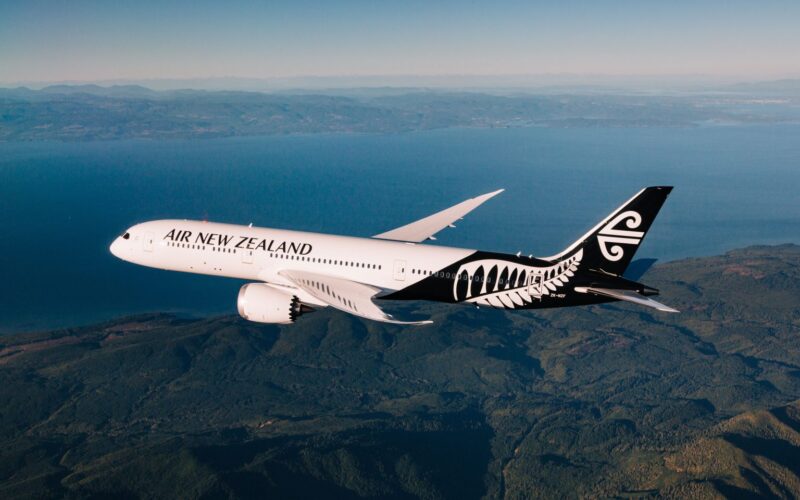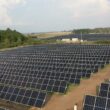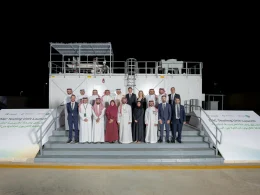Air New Zealand has abandoned its 2030 emissions reduction target due to delays in the delivery of fuel-efficient aircraft and high prices for green fuel. This is the first big rollback by a major airline on climate goals, although the carrier reaffirmed its commitment to achieving net zero emissions by 2050 and is working on establishing a new near-term goal.
Aviation contributes approximately 2% of global emissions but is considered one of the most challenging sectors to decarbonise, as aviation fuel cannot be easily substituted with alternative energy sources.
Air New Zealand stated, “Many of the levers needed to meet the target, including the availability of new aircraft, the affordability and availability of alternative jet fuels, and global and domestic regulatory and policy support, are outside the airline’s direct control and remain challenging.”
The industry is focusing on plant-based Sustainable Aviation Fuels (SAF) and more efficient aircraft to reduce emissions in the short term. However, SAF production is costly and difficult to scale up, and manufacturers are struggling with timely deliveries of new-generation aircraft.
Many environmental advocates argue that growth in the aviation industry is fundamentally at odds with sustainability. In 2022, Air New Zealand set a target to reduce carbon intensity 28.9% by 2030 from 2019 levels, a goal validated by the Science-Based Targets initiative (SBTi), a UN-backed climate action group. This target exceeded a 2023 global aviation industry agreement to reduce emissions by 5% by 2030.
Air New Zealand has Boeing 787 Dreamliners and Airbus A320neo planes on order. CEO Greg Foran noted that recent delivery delays threatened the 2030 goal, prompting the airline to withdraw from the SBTi network. “It is possible the airline may need to retain its existing fleet for longer than planned,” Foran said.
Air New Zealand announced in February that five of its newest and most efficient A321neo aircraft will be out of service at any given time over the next 18 months for maintenance on their Pratt & Whitney engines, an issue impacting airlines globally.
Climate considerations have been a key part of Air New Zealand’s corporate messaging. The airline has ordered an all-electric five-seat plane and aims to conduct a demonstration flight by 2026. Last year, Air New Zealand described the 2030 target as ambitious and challenging, with some factors beyond its control.





















